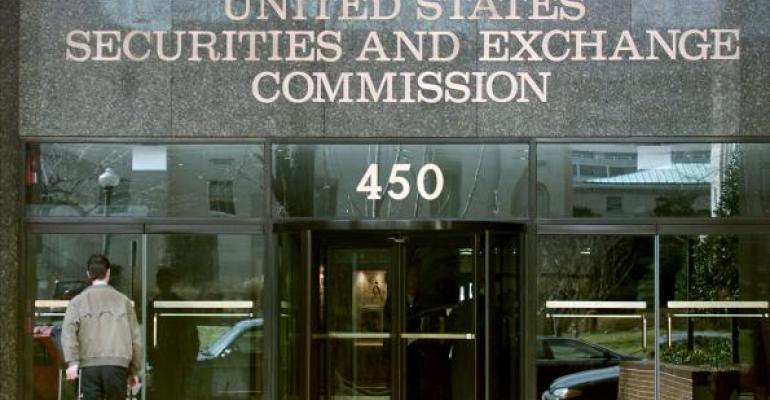Seventy-nine corporate registered investment advisors came forward to self-report violations related to share class selection disclosures and will collectively return more than $125 million to clients, according to the Securities and Exchange Commission. The charges stemmed from the SEC’s Share Class Selection Disclosure Initiative, launched over a year ago.
The initiative was aimed at encouraging RIAs to self-report undisclosed conflicts when choosing the share class of mutual funds being sold to investors. To be eligible for the initiative, firms were required to self-report by June 12, 2018. The regulator said it is still evaluating some of the voluntary disclosures.
The SEC found that the 79 firms put clients into higher-cost mutual fund share classes when lower-cost share classes were available. Specifically, they sold share classes that charged 12b-1 fees, without disclosing the conflict to clients.
“The 12b-1 fees were routinely paid to the investment advisers in their capacity as brokers, to their broker-dealer affiliates, or to their personnel who were also registered representatives, creating a conflict of interest with their clients, as the investment advisers stood to benefit from the clients’ paying higher fees,” the SEC said, in a statement.
In exchange for coming forward, the firms won’t be charged any penalties for the violations.
The full list of firms is on the SEC’s website, but it included Wells Fargo Advisors Financial Network, LPL Financial, Commonwealth Equity Services, Cambridge Investment Research Advisors, Janney Montgomery Scott, Kestra Advisory Services, Raymond James Financial Services Advisors, Robert W. Baird & Co. and Stifel, Nicolaus & Company.
Last February, the SEC charged Ameriprise Financial Services for wrongly selling more expensive share classes of mutual funds to retirement plan customers and failing to waive those charges. UBS was charged for a similar violation by the agency in October 2017. In April, three corporate RIAs of broker/dealers settled charges for failing to disclose conflicts of interest and violating best execution duties, including PNC Investments, Securities America Advisors and Geneos Wealth Management.
“Regardless of the scope and duration of the investment advisory services, investment advisers are fiduciaries and, as such, their duties of care and loyalty require them to disclose their conflicts of interest, including financial incentives,” said SEC Chairman Jay Clayton, in a statement.





